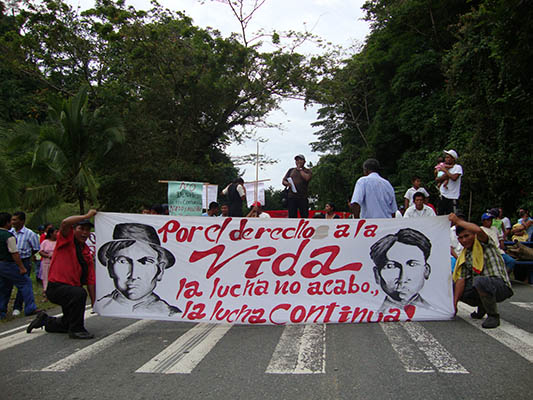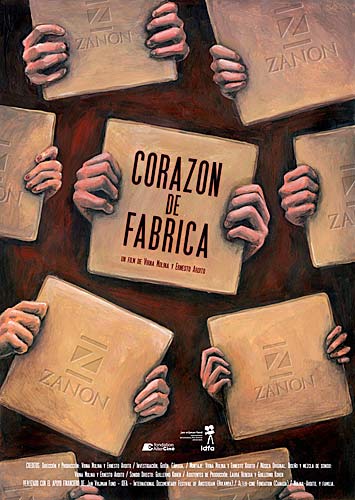Latin American Dreaming (film review)
By: Kristi M. Wilson and Tomás Crowder-Taraborrelli Paraíso for Sale, directed by Anayansi Prado (also the director of Maid in America, 2005, and Children in No Man’s Land, 2008), treats the topic of Canadian and American retirees’ looking to stretch their dollars, buy second homes, and unwind in the sun by relocating (often permanently) to the Caribbean. It presents ample evidence of the looting of prime real estate in the Caribbean, where international corporations disembark with billions of dollars, pressure the locals to sell their land, and entice politicians not to enforce the law or, worse, to break it. The film’s voice-over narration suggests that this residential tourism invasion is an extension of earlier incursions from the North: “The U.S. has invaded Panama before with its armies. This invasion comes armed with golf clubs and dreams of an idyllic American retirement.” The few courageous locals who, for moral or practical reasons, resist the temptation to sell their land find themselves entangled in endless litigation with corporations and their teams of lawyers. Paraiso for Sale highlights Bocas del Toro, a string of islands that, before foreigners arrived to develop resorts and displace native populations, was once a small, quiet province of Panama. The film’s real-life drama centers on the following principal characters: Dario Vanhorne, an Afro-Panamanian tour [...]




